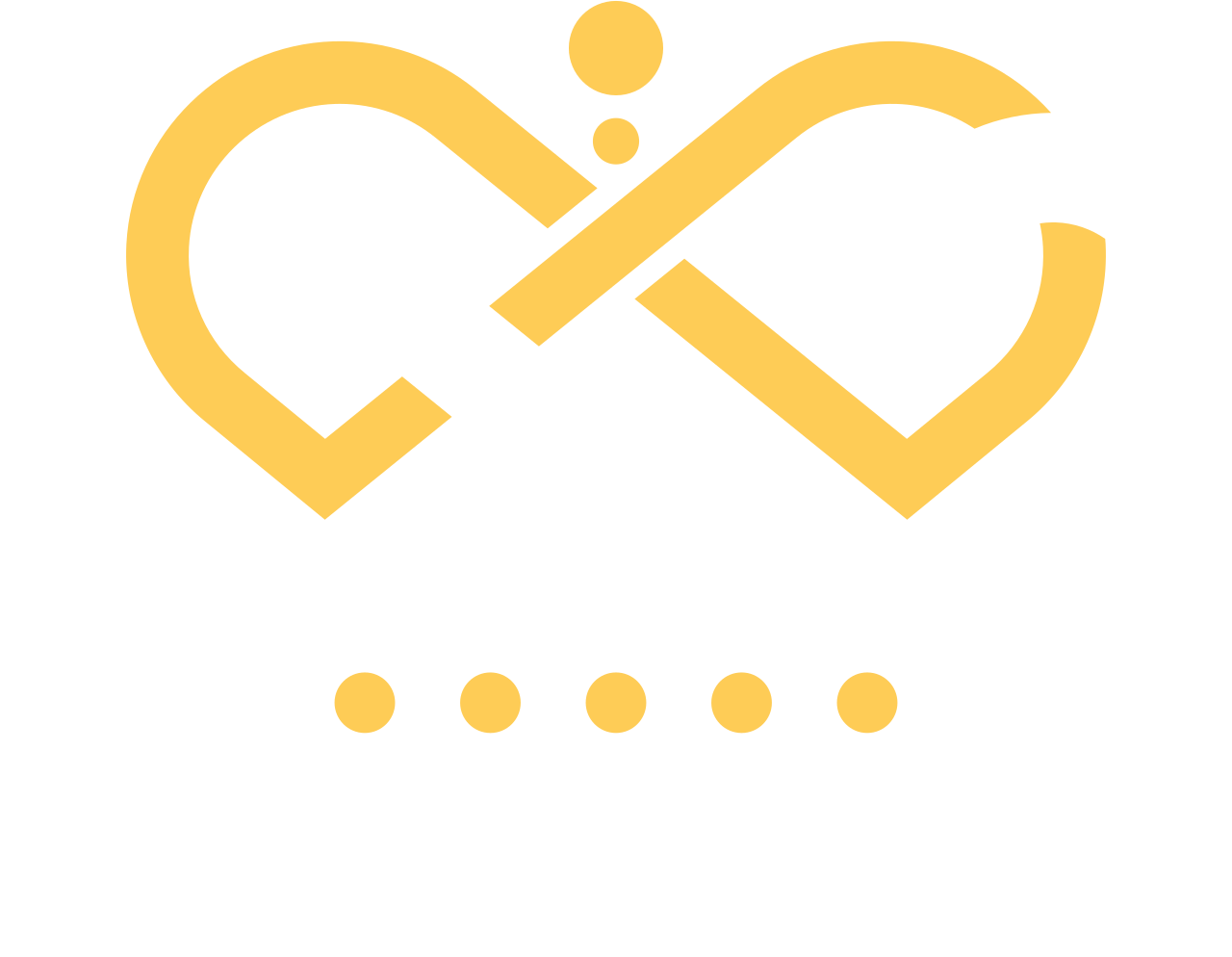Cyber Investigation

Blockchain technology has emerged as a revolutionary tool with immense potential for transforming various industries, and one such domain that stands to benefit significantly is finance. As the finance sector faces an ever-increasing number of cyber threats and sophisticated financial crimes, the need for robust cyber investigations has become paramount. In the finance sector, cyber investigations play a critical role in identifying and preventing fraudulent activities, money laundering, and other illicit practices. These investigations help maintain the integrity of financial systems, protect customer data, and ensure compliance with regulations.
We attain success by leveraging a blend of technical and physical resources, which encompass covert surveillance and strategic cyber intelligence. The triumph of MT5 Solution can also be attributed to our vast network of cyber intelligence professionals and local law enforcement agencies, granting us unparalleled access without the bureaucratic constraints typically associated with traditional operations.
What is blockchain technology?
Blockchain technology is a revolutionary concept that has gained widespread attention in recent years. At its core, it is a decentralized and distributed ledger that securely records transactions across multiple computers. Unlike traditional centralized systems, blockchain allows for transparency, immutability, and enhanced security.
Evolution and background of blockchain technology
The origins of blockchain can be traced back to the introduction of Bitcoin in 2008 by an anonymous person or group known as Satoshi Nakamoto. Bitcoin was the first application of blockchain, designed to facilitate peer-to-peer transactions without the need for intermediaries. Over time, blockchain technology has evolved beyond cryptocurrencies and has found applications in various industries, including finance, supply chain management, and healthcare.
Key components and principles of blockchain
Blockchain consists of several key components and principles. The first is decentralization, which means that there is no central authority controlling the network. Transactions are verified by participants, known as nodes, in a consensus mechanism. Another crucial component is immutability, as once a transaction is recorded on the blockchain, it cannot be altered or deleted. Additionally, blockchain relies on cryptographic algorithms to ensure the security and integrity of the data stored on the network.
Exploring the potential of blockchain technology in cyber investigations
Blockchain technology has the potential to revolutionize cyber investigations in the finance sector. Its decentralized nature and transparent transaction records make it easier to trace and analyze financial transactions. By utilizing blockchain, investigators can gain deeper insights into suspicious activities and track the flow of funds across the network.
Blockchain offers several advantages for enhancing cyber investigations. It provides a permanent and tamper-proof record of transactions, making it extremely difficult for bad actors to manipulate or conceal information. Additionally, the transparent nature of blockchain allows investigators to efficiently follow the money trail, identify patterns, and detect anomalies in real-time. This can significantly enhance the effectiveness and efficiency of cyber investigations.
Immutable and transparent nature of blockchain
One of the key features of blockchain is its immutable nature, meaning that once data is recorded, it cannot be changed retroactively. This provides a high level of data integrity and ensures the accuracy and reliability of financial records. Furthermore, the transparent nature of blockchain allows for greater accountability and reduces the risk of fraudulent activities.
Enhanced data security and integrity
Blockchain technology employs advanced cryptographic algorithms to secure data stored on the network. This ensures that sensitive financial information remains secure and protected from unauthorized access. Additionally, the decentralized nature of blockchain reduces the risk of a single point of failure, making it more resilient to cyber-attacks.
Streamlined and efficient information sharing
Traditionally, sharing information between different entities in the finance sector can be slow and cumbersome. Blockchain streamlines this process by providing a single source of truth that can be accessed by authorized parties in real-time. This eliminates the need for intermediaries and manual reconciliation, resulting in faster and more efficient information sharing.
Reduced reliance on intermediaries
Blockchain technology has the potential to disrupt traditional financial systems by reducing the need for intermediaries, such as banks and clearinghouses. By enabling peer-to-peer transactions and eliminating the need for third-party verification, blockchain can streamline processes, lower transaction costs, and increase financial inclusion.
Frequently Asked Questions (FAQ)
No technology can completely eliminate cyber threats, including blockchain. While blockchain offers enhanced security and transparency, it is not a foolproof solution. It is crucial to implement a holistic approach to cybersecurity that includes multiple layers of defense, such as encryption, firewalls, and regular security audits, in addition to leveraging blockchain technology.
Blockchain technology provides an immutable and tamper-proof ledger, ensuring that transaction records are transparent and cannot be altered. This feature enhances the accuracy of financial cyber investigations by providing a reliable source of truth. It allows investigators to trace and verify financial transactions, identify fraudulent activities, and gather concrete evidence for legal proceedings.
One of the key challenges in implementing blockchain technology in finance-related cyber investigations is navigating the complex regulatory landscape. Different jurisdictions have varying regulations concerning data privacy, cross-border transactions, and the use of emerging technologies. It is crucial for organizations and investigators to stay updated with the evolving regulatory environment and ensure compliance while leveraging blockchain technology.
Integrating blockchain technology into existing cyber investigation processes requires careful planning and execution. Financial institutions should start by conducting a thorough assessment of their current processes and identifying areas where blockchain can bring the most value. Building a robust blockchain infrastructure, establishing collaborative partnerships, training investigators on blockchain technology, and ensuring compliance with industry standards are essential steps to effectively integrate blockchain into financial cyber investigations.






